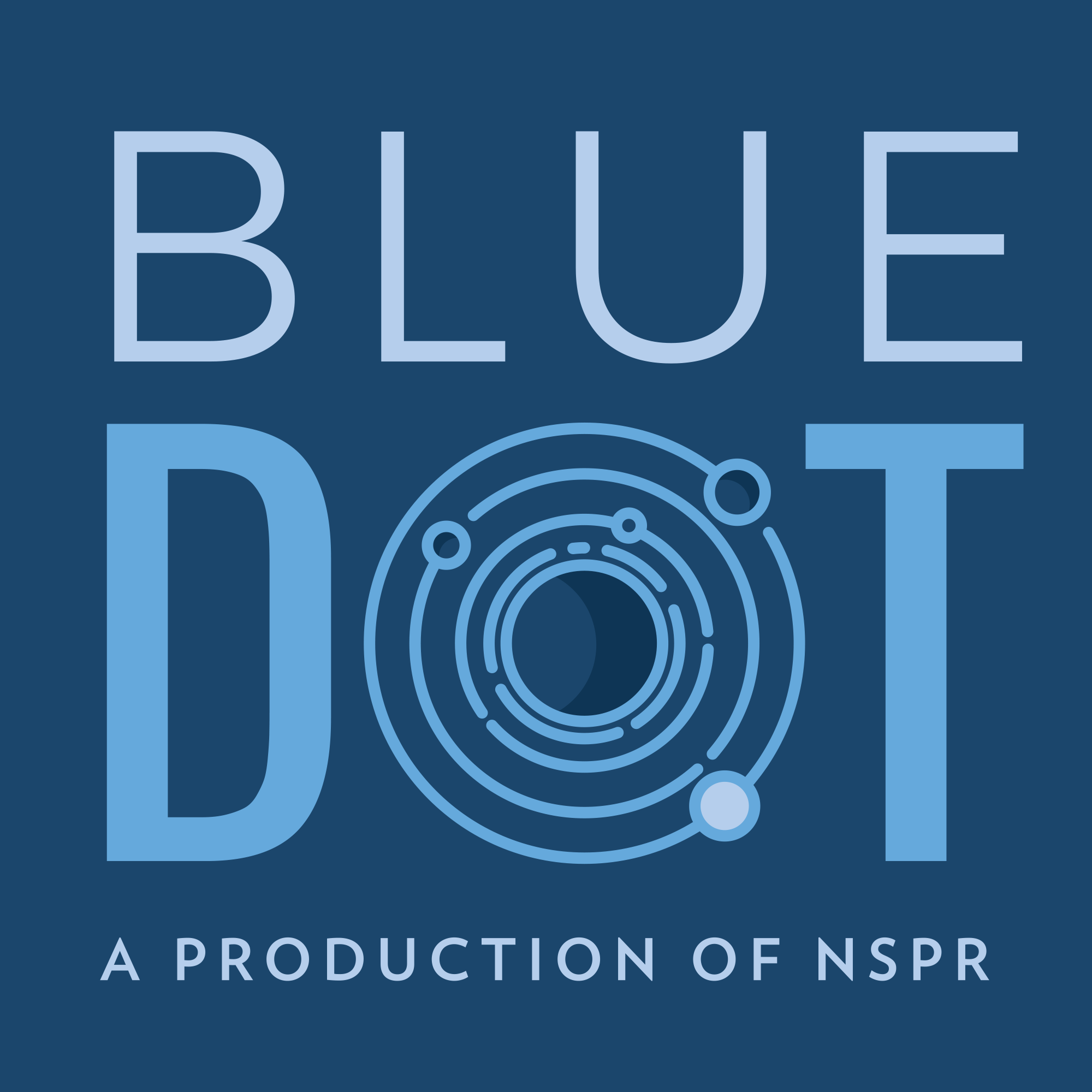S. Orestis Palermos, "Cyborg Rights: Extending Cognition, Ethics, and the Law" (Routledge, 2025) - New Books in Science, Technology, and Society
Description
Until recently, no one could access the detailed contents of your mind directly the way only you can. This level of protection of our mental data was guaranteed by the way we are built biologically – and it can no longer be taken for granted. In Cyborg Rights: Extending Cognition, Ethics, and the Law (Routledge, 2025) S. Orestis Palermos considers the ethical and legal implications of the extended mind thesis – the idea that information-processing technologies are not merely tools but literal parts of our minds. While this thesis remains controversial, there is little doubt that technological devices can push information that coheres in an integrated way with your thoughts – for example, when your phone presents photographs of last year’s holiday on today’s anniversary. Such mind extensions create new vulnerabilities to invasions of mental privacy, freedom of thought, and protection from personal assault. Palermos, who is assistant professor of philosophy at the University of Ioannina, articulates these new problems and explores what levels of protection we should adopt in the face of them, up to the point of making it technologically impossible to access or manipulate your extended mental contents.
S. Orestis Palermos is Assistant Professor of Philosophy at University of Ioannina, in Greece.
Learn more about your ad choices. Visit megaphone.fm/adchoices
Support our show by becoming a premium member! https://newbooksnetwork.supportingcast.fm/science-technology-and-society


















